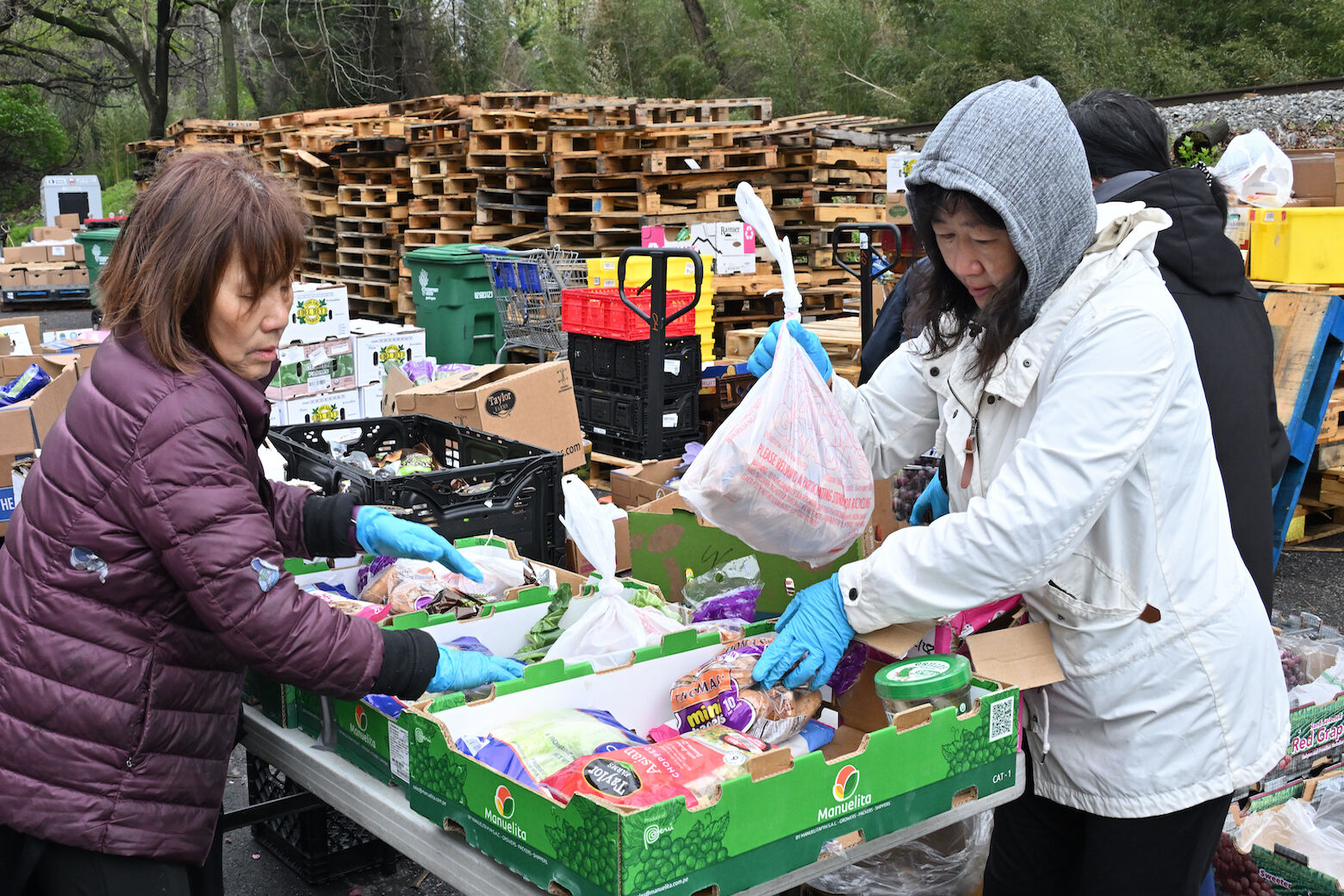
As the United States approaches a government shutdown, millions of Americans face the threat of losing crucial benefits, including those provided by the Supplemental Nutrition Assistance Program (SNAP). This situation poses significant challenges to vulnerable populations, particularly in regions like Montgomery County, Maryland, where food banks are preparing for increased demand and potential service disruptions.
So What Else, a food assistance organization located in North Bethesda, plays a critical role in addressing food insecurity, providing emergency food support and educational programs to approximately 40,000 families each week across Maryland and the District of Columbia. Deputy Director May Nash expressed serious concerns regarding the current landscape of food assistance, noting, “The situation is dire and worse than during the COVID-19 pandemic.”
In her view, a combination of inflationary pressures, tariff impacts, federal budget cuts, and the looming loss of SNAP benefits have contributed to an unprecedented “perfect storm” for food security issues within the community. Indeed, the demand for food assistance has surged, compelling the organization to extend its operations by opening its doors two additional days each week, specifically to accommodate federal workers impacted by the ongoing crisis.
Nash emphasized a significant shift in the demographics of those seeking assistance. “The face of hunger has changed. We’re seeing parents, neighbors, teachers, federal workers, people who never thought that they’d be in this position,” she remarked. This evolving portrait of food insecurity underscores the notion that in challenging economic times, hunger can affect anyone.
In light of the drastic change in demand, So What Else has experienced a notable decline in food donations, plummeting from over a million pounds in August to approximately half a million in October. As the organization embarks on its annual Thanksgiving fundraiser, Nash has called on the community for support. “We’re already pretty much stretched thin,” she disclosed, while also reassuring the public of their commitment: “We’re going to do everything we can to make sure no one goes hungry in our area.”
This year, So What Else aims to provide Thanksgiving dinners for at least 30,000 families, an increase from the previous year, which also benefited from a notable surge in community contributions. The organization’s ongoing efforts highlight the importance of philanthropy and volunteer support during these trying times. To facilitate their mission, So What Else is actively seeking both donations and volunteers, underscoring that just can cover dinner for a family of four. For more information and ways to contribute, interested individuals can visit their website.
In a landscape where food insecurity continues to widen, community-based organizations like So What Else are essential lifelines, and a unified effort is crucial to ensure that no family is left behind during this unprecedented crisis.


